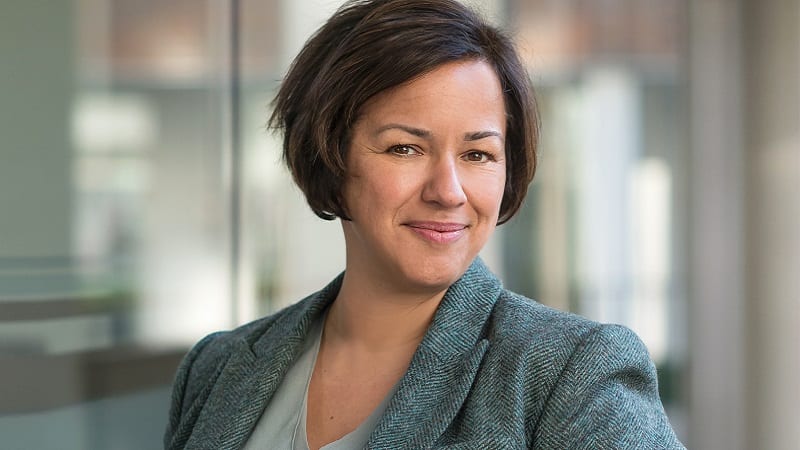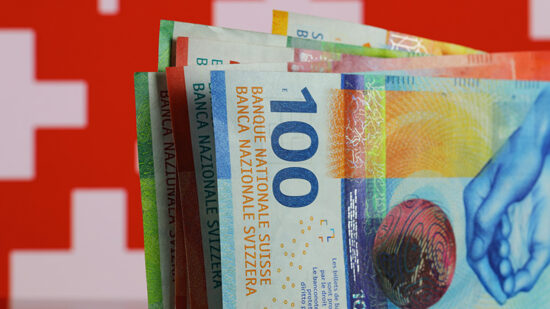AJ Bell has topped league tables for Q3 2020 as net inflows for platforms plummeted during the quarter.
Across the industry, platforms brought in £5.3bn in net sales during Q3 compared to £12.5bn the previous quarter and £10.3bn in Q1 2020, according to Fundscape data. The last time platform net flows were at that level was in Q4 2011.
Assets rose 2.5% to £730.2bn meaning the sector still performed stronger than the FTSE All Share, which fell 4%.
AJ Bell delivered the highest net flows of any platform over the period, bringing in £900m, edging out rival Hargreaves Lansdown, which had estimated net flows of £800m over the period.
Fidelity was third with £766m. Fidelity Personal Investing, the asset manager’s D2C platform, has made several acquisitions this month, first purchasing low-cost provider Cavendish Online and then snapping up LGIM’s personal investing business, which will boost its assets by £5.8bn and double its client numbers.
On a percentage basis, True Potential and Premium assets enjoyed the strongest growth rising 7.6% and 6.5% respectively over the period.
Most platforms saw lower flows in Q3 than in the second quarter but Aviva, James Hay, Novia and Hubwise bucked that trend.
Fundscape chief executive Bella Caridade-Ferreira (pictured) said: “The third quarter of the year is always quiet because of the summer holiday season, but the contraction in sales is particularly worrying. The last time net sales were this low, advisers and platforms were distracted by and bogged down in RDR preparation.
“Brexit and the fallout from the coronavirus pandemic are beginning to weigh heavily on investor sentiment, which doesn’t bode well for sales in the fourth quarter and the first half of 2021. A no-deal Brexit will make things even more difficult.”
See also: AJ Bell rides consumer savings wave as assets hit £57bn







